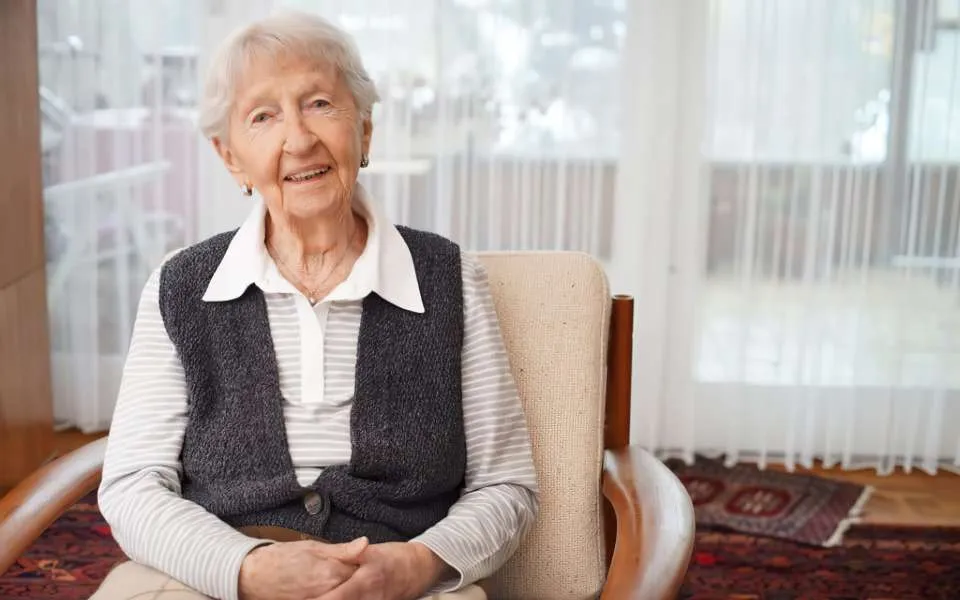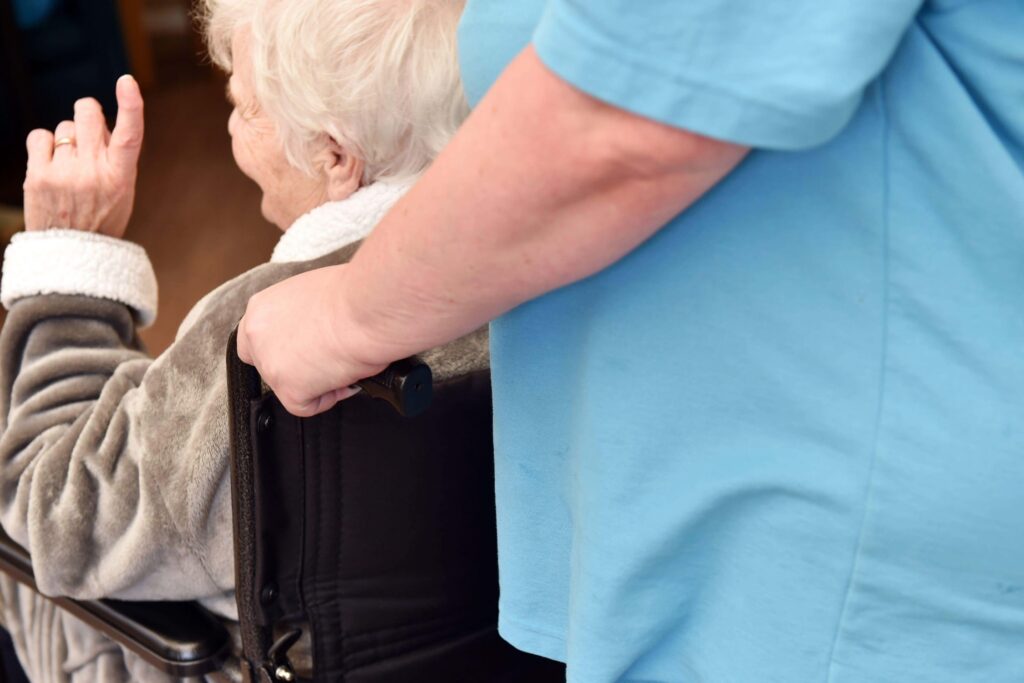As the title suggests, the quality of care should be self-evident in every situation, but what makes a good nursing home consists of many things, not just the number of people in the home and the quality and quantity of services. It’s like saying that a carrier bag shouldn’t be good for carrying things around. It gives you a sense of security that you are in a safe, secure and comfortable place with the right level of privacy and security.
It is a place where you live permanently, not just for a short time, but for the rest of your life and for your children and grandchildren.
Many of your physical needs are much easier to meet, such as going to the toilet, keeping warm and eating, but a good nursing home should be far more. Just as important is your mental need: to be happy, content, stimulated, safe and loved, to be treated as an individual and to have a say in your own care needs is the most important thing for a person living in a nursing home. Mental needs, such as being kept warm and cared for, are a physical need. When your mental and emotional needs are met, many of them will be much more difficult, if not impossible, to fulfill.
When a person is happy, stimulated and loved, it is more or less likely that they eat and sleep well, and when they feel safe and respected, they are more likely to be accepted. How do you meet the psychological and emotional needs of a patient and how does a good nursing home respond to these needs?
There are no easy answers, but you learn a lot about a person’s life experience, preferences and memories, as well as their needs. Every person on the planet is different and it is your job to ensure that someone diagnosed with a disease such as dementia does not lose their individuality. Even if their life experiences, preferences, and memories change or are lost, they can still determine how their diagnosis affects them now. They are still what they always were and should never be because of their diagnoses, so there is a simple answer.
People – care is on everyone’s lips at the moment, but what does it really mean and how do you achieve it? Simply put, it means individual care at the centre of a person, and it is the most important aspect of a good care home.
No – one is just like the other, but both are important in their own way, and in a good care home they work together.
A good care home should strive to meet the needs of as many as possible, no matter how detached they may seem. Person-centred care can only be successful if care homes recognise this importance and give their staff enough time to talk to residents, get to know them and listen to them.
Often it means so much to them to know that one resident puts milk and three sugars in his tea, or that another prefers coffee with a splash of cold water. When people think of care homes, they often think of old people sitting in the lounge, eyes open and mouth open, staring at a computer screen.
But the exact opposite should be the case – a good care home will be bright, colourful and full of life. Staff offer a variety of activities and experiences throughout the day, including pampering, games, baking and laughter. When the employees realize that work is so important to them and that they are part of a community, they realize that it is important not only for the residents, but also for themselves.
When relatives and friends visit their loved ones, they should feel like they are entering their own home, not a nursing home. Whatever happens, the best care homes should resemble a home for people of all ages, not just the elderly and disabled.
Most nursing homes today have qualified nursing staff on site 24 hours a day and are therefore technically a nursing home. The word “care” instead of “care” suggests a more holistic approach to care for the elderly and disabled in a nursing home, rather than a one-sided focus on care. A nursing program that involves more than simply taking time off to help residents live engaged, happy and full lives.
Time management sounds like something out of a business plan, but it can also be used in a nursing home. How do you know a good nursing home and how do your staff love their patients and their families?
Take care of your people, take the time to be there for them and show them that they love and care for you. In this way, your home will be a much better place for everyone and you will laugh more with people, be more understanding and take care of the people you care about.
This is what makes our service so exceptional and it is at the heart of everything we do, not only in our work, but also in the lives of our customers and employees.
Our specialized care spans four nursing homes and we serve our residents and customers by creating vibrant, caring communities. As employees, we have set ourselves the goal of making people happier and more rewarding at work.
Our values reflect how we do things and who we want to be in order to have a positive impact, and we believe that we can achieve this by living the values that are closest to us.
Dementia is also a safe environment – friendly, where we focus on what people can and cannot do and put the needs of the individual first. Our residents have the opportunity to enjoy the benefits of being well educated – and being welcomed by like-minded people – highly qualified, with time, to get to know the people we care about with dignity and respect. We plan care and support and use the best practices in designing and planning nursing homes so that our hearts and minds are always with them and we spread a beautiful, homely feeling throughout the house.
We encourage you, as an interested resident or family, to see our cozy home and contact us to learn more about what we have to offer.
There are tens of thousands of families who have difficulty caring for their elderly relatives, but there are also thousands who can no longer live alone. More than 800,000 people suffer from Alzheimer’s disease, a progressive disease that requires specialised care by highly qualified professionals. We specialize in personalized care for people with dementia and rate nursing homes highly.
Each and every one of these people deserves the best possible attention and care, regardless of age, race, gender, disability or physical or mental condition.
We believe that compassionate care and exemplary professional standards go hand in hand. With a fully trained nursing team, we passionately provide personalized care for people who need it and take care of what is important to you. Your loved ones will feel safe and happy in one of our excellent homes.
It is our passion to help people enjoy their later lives and to serve them with life, and we do this by caring for our employees.
This simple, impartial guide will help you find the right care for you, and we adapt a range of care and specialised services to your needs. For many years we have been at the forefront of research and development into new care homes in the UK and abroad.
Maintaining a warm and welcoming environment, preparing tasty and nutritious menus and organising meaningful activities ensure that residents of nursing homes can live a stimulating and fulfilling life.
Celebrate life and make sure that the people you support do so by treating everyone as an individual and always tailoring services and support to their needs. Provide a safe and comfortable environment for people suffering from dementia or seeking assisted living. They also provide support for a range of disabilities, including mental health needs, as well as older people and people with disabilities.
The assistance is consistently high quality and personal, and the people who support it get the best out of their registered care. In East Grinstead, they provide care and support for the elderly, as well as a range of mental health services for people with disabilities and mental illness.
The person-centered approach recognizes the uniqueness of individual care, and exceptional care is provided in an enabling, high-quality environment. With years of experience, we can look back on some long-standing success stories that have been personally developed, as well as approaches that aim to improve the lives of people with dementia.





